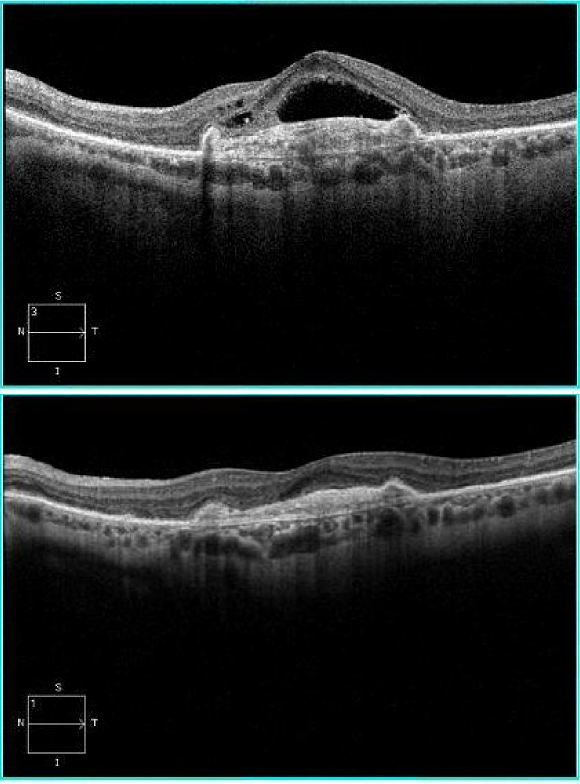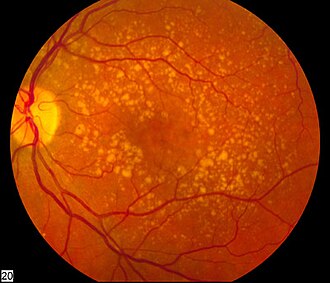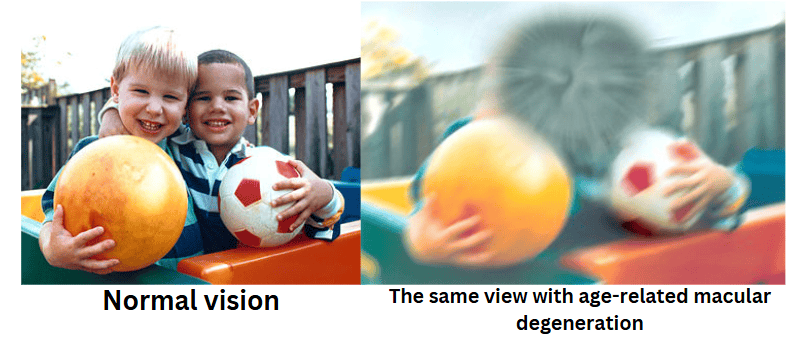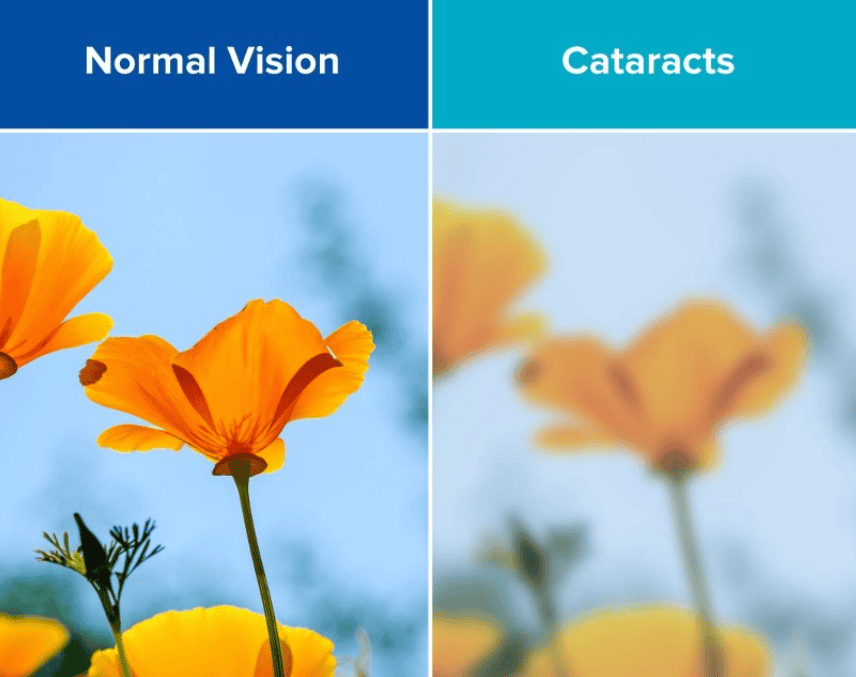Macular Degeneration



The macula is a small area of the retina that is particularly important for sharp vision. The term age-related macular degeneration (AMD) refers to degenerative changes in this area that can lead to vision loss and even blindness. There are two types of AMD: dry and wet. The dry form is characterized by debris deposits within the retina that can lead to atrophy of tissues. This form of the disease typically develops slowly and can go unnoticed for years resulting in significant, permanent vision loss. In contrast, wet AMD develops faster, often causing noticeable distortion of vision. There are a number of medical treatments for wet AMD. The earlier AMD treatment starts, the more effective it may be, so early diagnosis is essential. OCT is a very helpful tool to identify AMD.
Your macular pigment is found in your macula which is a yellow spot at the centre of your retina at the back of your eye and is made up of specific nutrients that we get exclusively from the food we eat. These nutrients are known as macular carotenoids and are made up of Meso-zeanthin, Lutein and Zeaxanthin. Making sure you are eating dark green vegetables, fruit and some types of fish and seafood is one way to replenish these nutrients. But more and more people are choosing to help supplement their intake of macular carotenoids with Macushield. It confers protection against progression of age related macular degeneration and improves vision in people with normal eyes as well as in people with non advanced macular degeneration (Dry ARMD). You can speak to our optometrist for more information and advise.
Cataract

Cataracts are extremely common. In fact, the majority of those over 65 have some cataract development. A cataract simply refers to ‘opacity of the lens’ inside the eye. Because cataracts normally develop very slowly, over many years, most people don’t notice the gradual deterioration in their vision until it starts to interfere with their daily activity or indeed, it is spotted by their optometrist. For people who have cataracts, seeing through a cataract is like looking through a frosty or fogged-up window. Clouded vision caused by cataracts can make it more difficult to read, drive a car at night or see the expression on a friend’s face.
The most effective treatment is surgery to remove the cataract where the old cloudy lens is replaced with an artificial clear lens implant. The whole procedure takes between 15 and 20 minutes, and the visual recovery is very quick with most patients noticing improved vision within a matter of days.
We at Vision one 2 One, have direct referral schemes with private hospitals like Optegra in Colindale and Spa Medica in Watford, so as to shorten waiting times for cataract surgeries where these surgeries are performed free of cost under the NHS, incorporating excellent private medical facilities.
There are many conditions that will affect the eye including diabetes, hypertension, glaucoma, stroke and many others which could cause temporary or permanent visual disturbances and problems. However, if you do experience sudden eye problems, especially those that last for a few days, contact us immediately. Vision changes should never be ignored. They can get worse and significantly influence the quality of your life.
